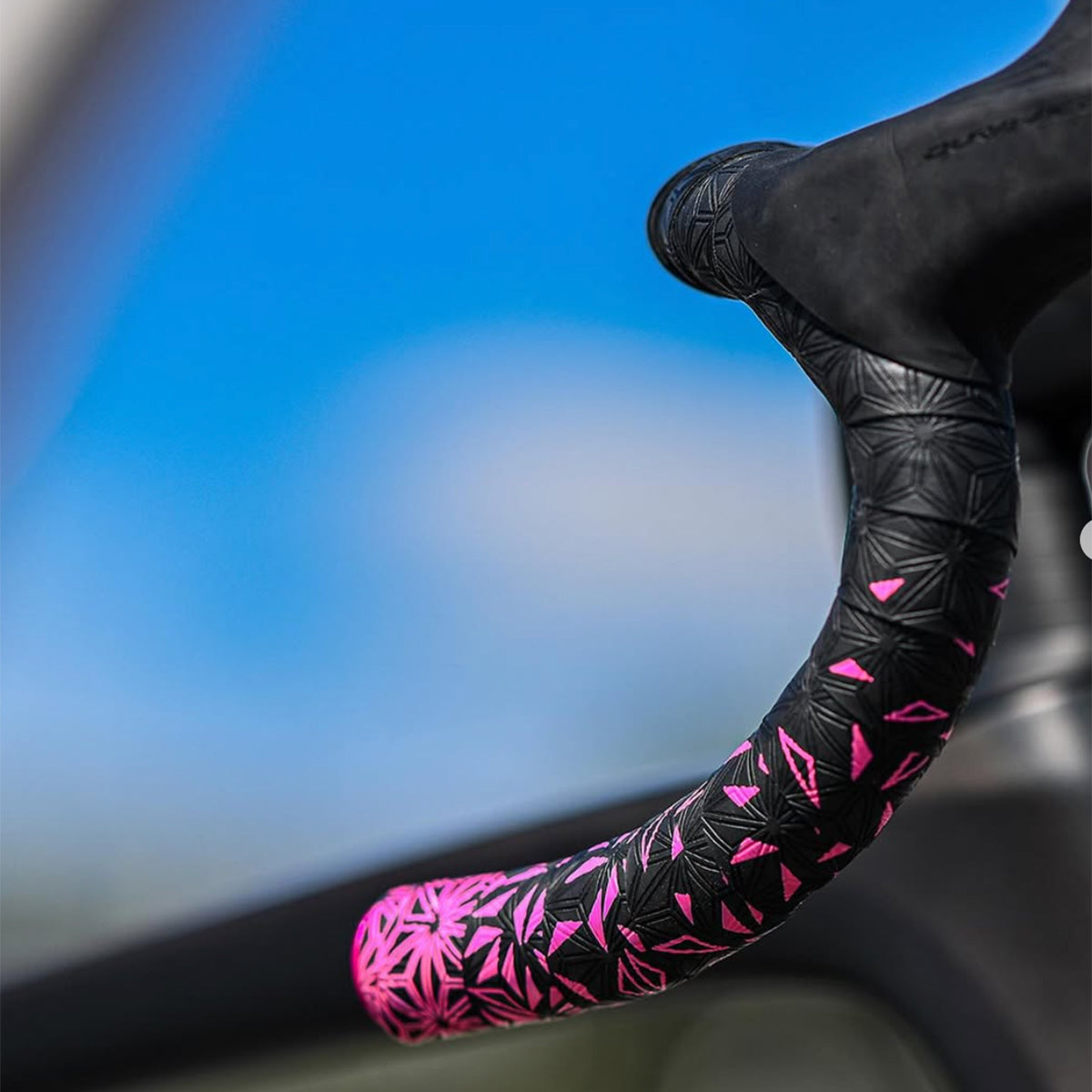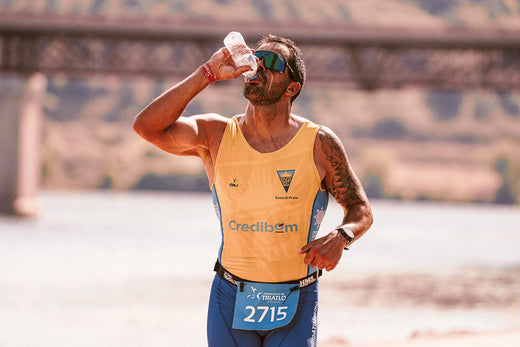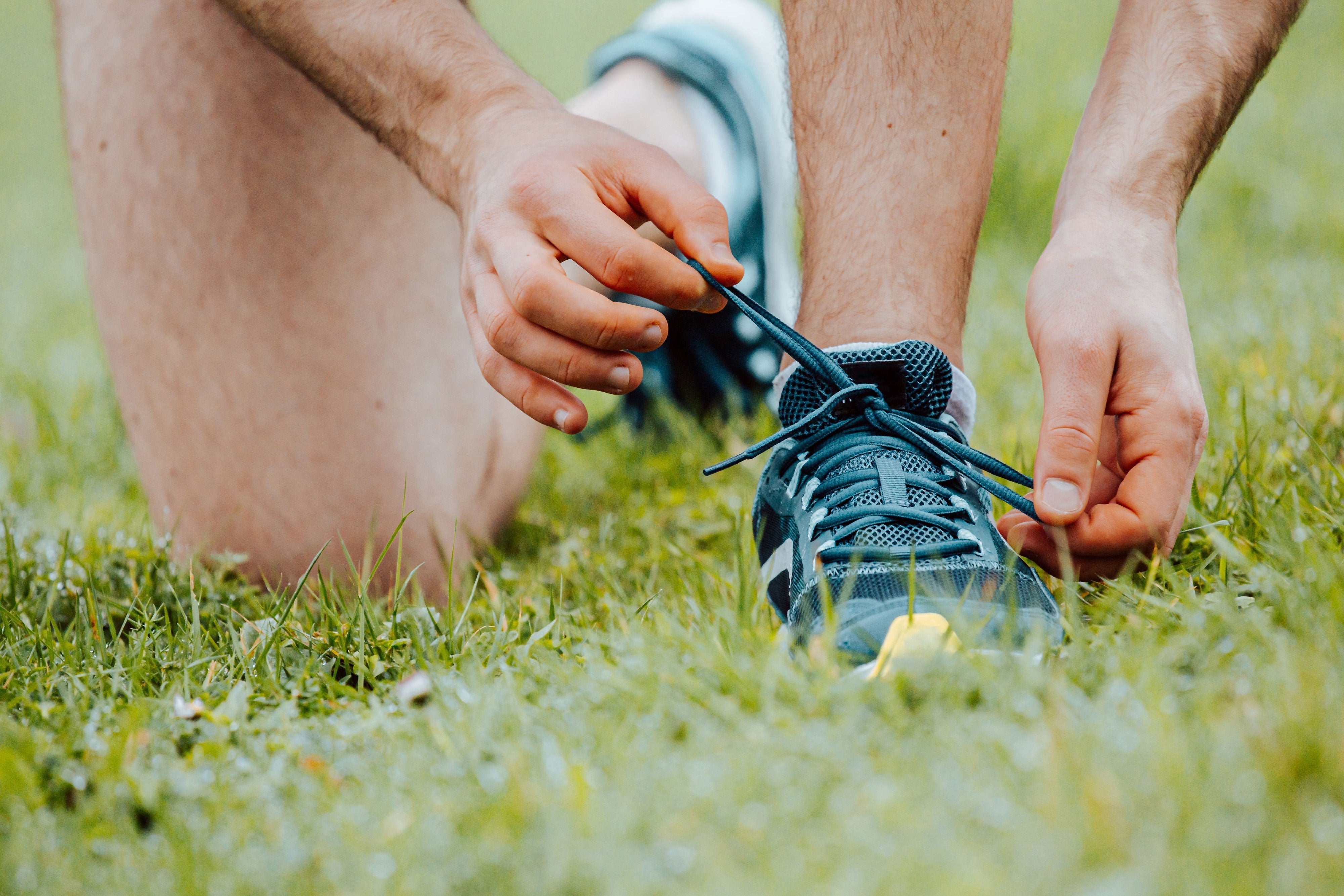Hydration is crucial during a marathon because it helps maintain optimal physical performance, regulates body temperature, and prevents dehydration, which can lead to a range of serious issues. Here are some key reasons why hydration is important during a marathon:
- Maintains Fluid Balance
During a marathon, your body loses fluids through sweat, and this loss must be replenished to maintain hydration. If you become dehydrated, your body struggles to regulate its internal functions, which can lead to fatigue, dizziness, and impaired performance.
- Regulates Body Temperature
As you run, your body generates heat, and sweating is the primary way your body cools down. Adequate hydration ensures that you can sweat properly, helping prevent overheating and heat-related conditions like heat exhaustion or heatstroke. If you're dehydrated, your body’s ability to cool itself diminishes, increasing the risk of dangerous overheating.
- Prevents Muscle Cramps
Dehydration can lead to an imbalance of electrolytes (such as sodium, potassium, and calcium), which are essential for muscle function. Without proper hydration, this imbalance can cause muscle cramps, which are common during long endurance events like marathons.
- Maintains Blood Volume and Circulation
When you're properly hydrated, your blood volume is maintained, which is important for efficient circulation and oxygen delivery to your muscles. Dehydration can reduce blood volume, which in turn impacts endurance, energy levels, and muscle recovery.
- Supports Mental Focus
Dehydration affects cognitive function, making it harder to focus and make decisions. Mental fatigue and disorientation can increase in the latter stages of a marathon if you're not adequately hydrated. Staying hydrated helps maintain mental clarity, which is essential for both pacing and navigating the race.
- Enhances Performance
Staying hydrated improves endurance and stamina. When you're properly fueled with fluids and electrolytes, you're able to sustain a consistent pace and potentially perform better throughout the race.
- Prevents Hyponatremia
While dehydration is a concern, it's also possible to overhydrate. Hyponatremia, or low sodium levels in the blood, can occur if you drink too much water without replacing lost electrolytes. This is why marathon hydration strategies often focus on both water and electrolyte balance.
Hydration Strategy Tips for a Marathon:
- Pre-race: Start the race well-hydrated by drinking fluids in the days leading up to the event.
- During the race: Drink small amounts at regular intervals (about every 20 minutes), but avoid overdrinking. Water stations typically offer both water and electrolyte drinks.
- Post-race: Rehydrate after the race with water and electrolyte-rich drinks to replenish lost fluids and help recovery.
Ultimately, maintaining proper hydration during a marathon is about balancing fluid intake with electrolyte replacement to support your body’s performance and recovery.







Leave a comment
This site is protected by hCaptcha and the hCaptcha Privacy Policy and Terms of Service apply.